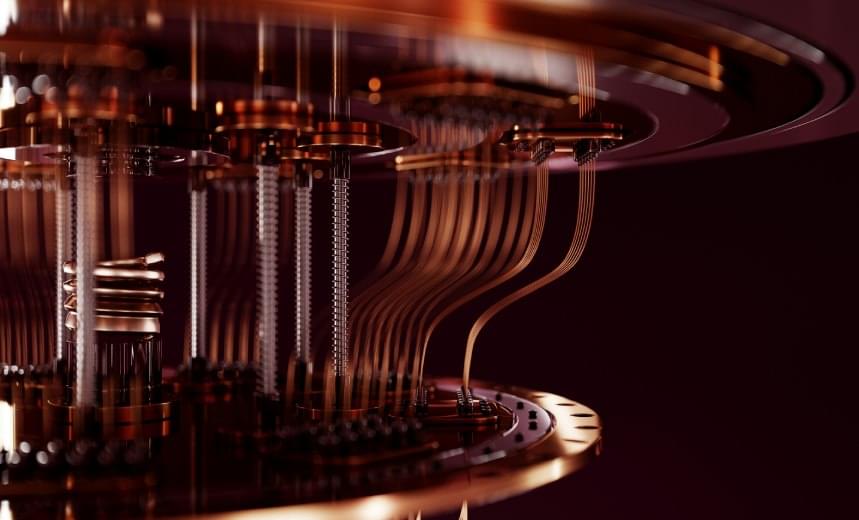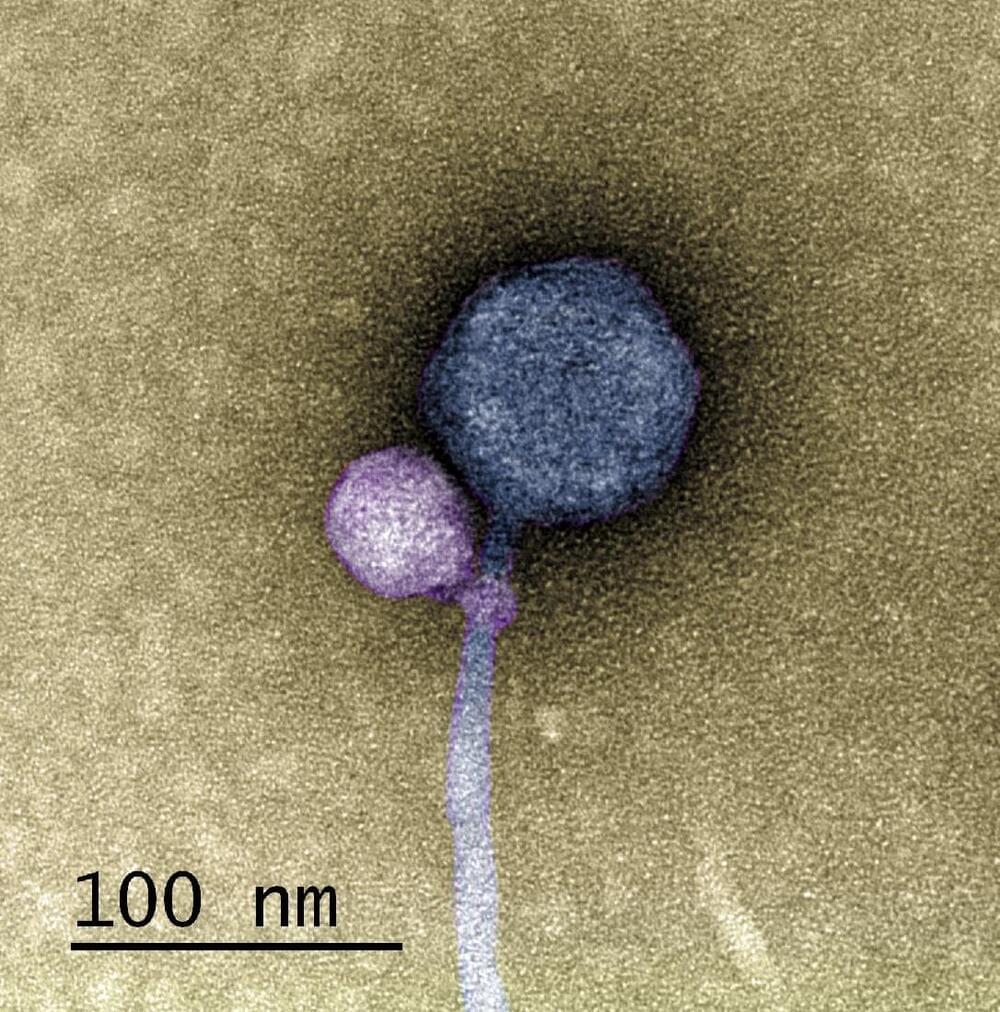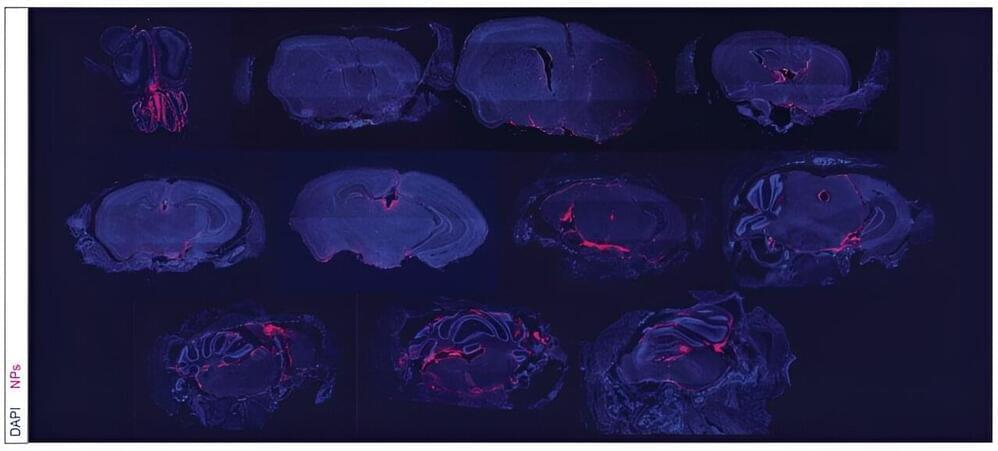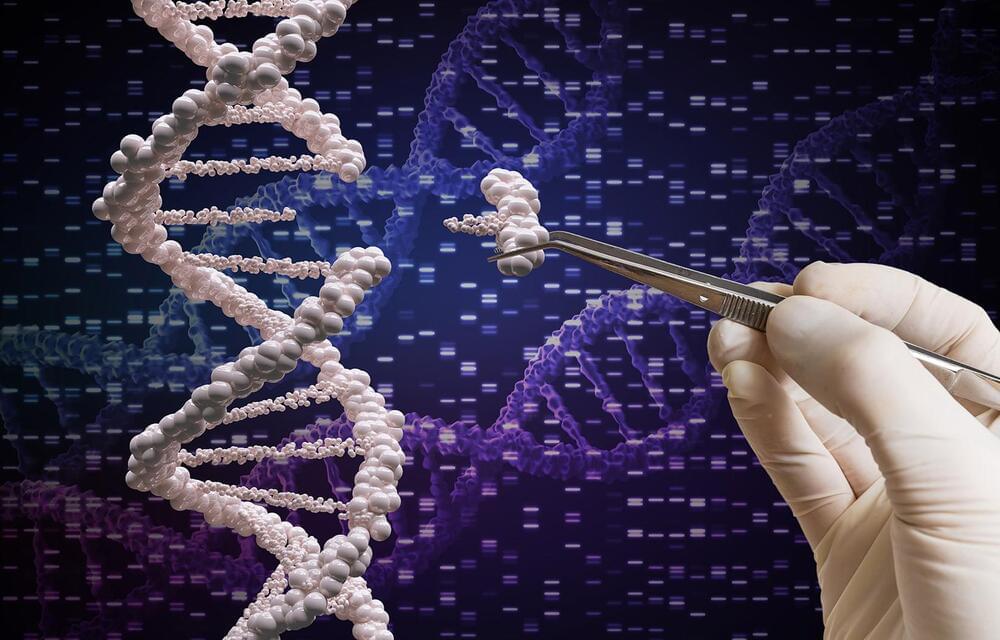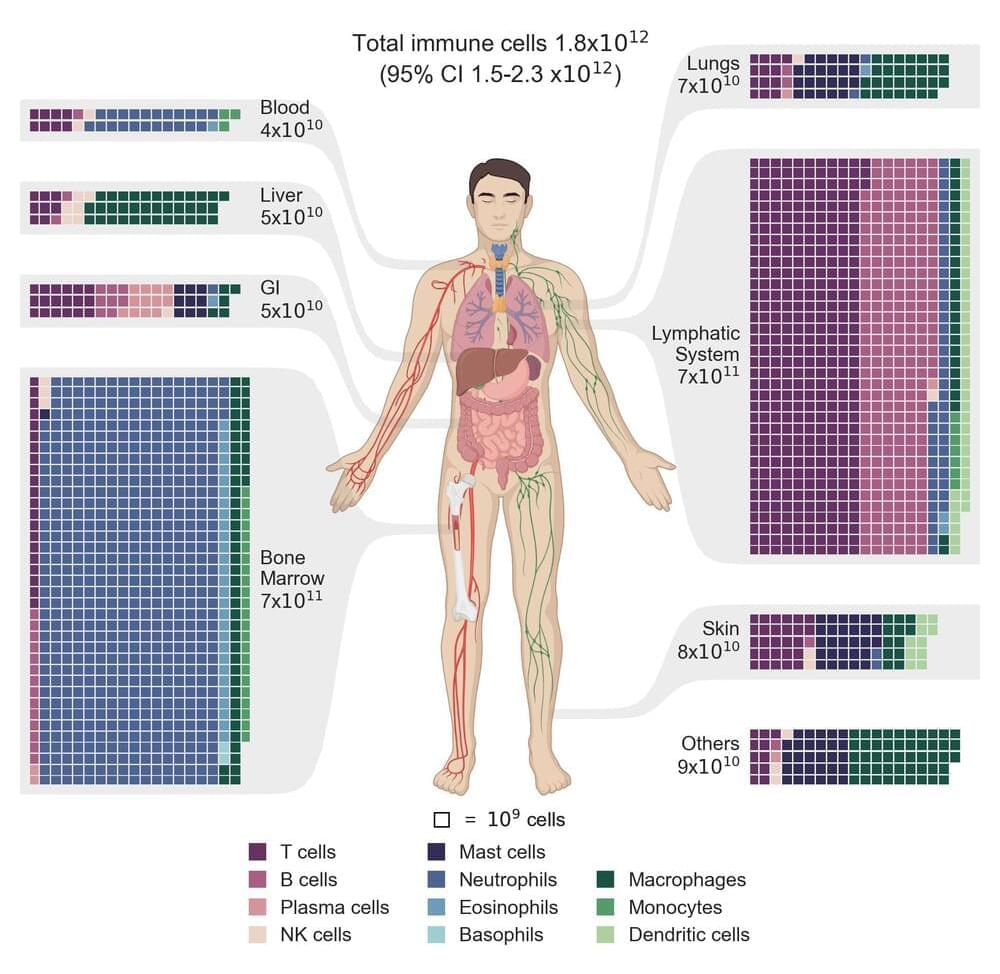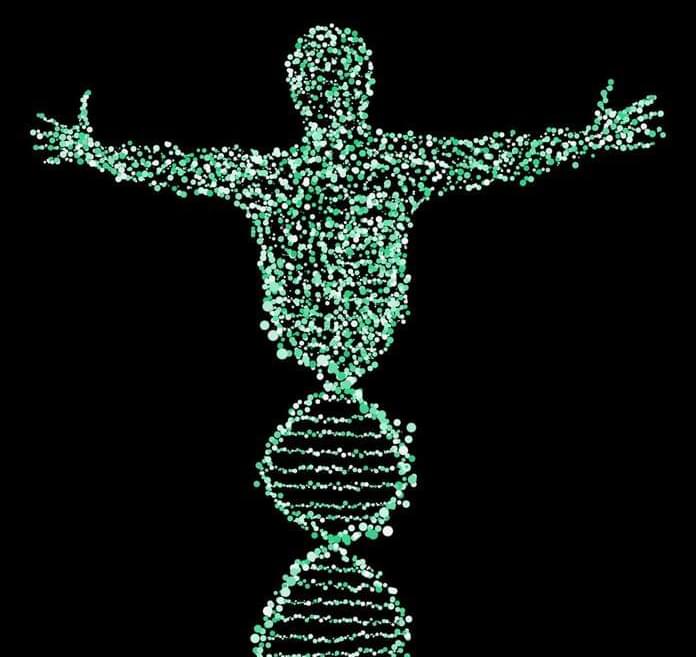Imagine this scenario: It’s early Saturday morning, you just woke up, and are trying to check the news on your phone while enjoying a cup of coffee. You notice your phone isn’t connected to the internet for some reason. You check the Starlink app for a system status, and it’s offline. Attempts to create a support ticket are unsuccessful, your Starlink account credentials aren’t being accepted. The bank calls a few moments later. They’ve frozen your credit card due to fraud. You listen, stunned, as they explain that someone has ordered over $6,000 worth of Starlink equipment in the last 24 hours.
No internet service, thousands of dollars stolen, and no help from Starlink. This is an increasingly common situation faced by Starlink customers. Hackers are gaining access to unsuspecting Starlink accounts, and using the payment information on file to order thousands in equipment. Later, they will resell the equipment on 3rd party marketplaces like Amazon, eBay, and Facebook Marketplace. In this article, I’ll explain what’s going on, how to protect yourself, and what Starlink needs to do to prevent more accounts from being hacked.
Table of Contents.
